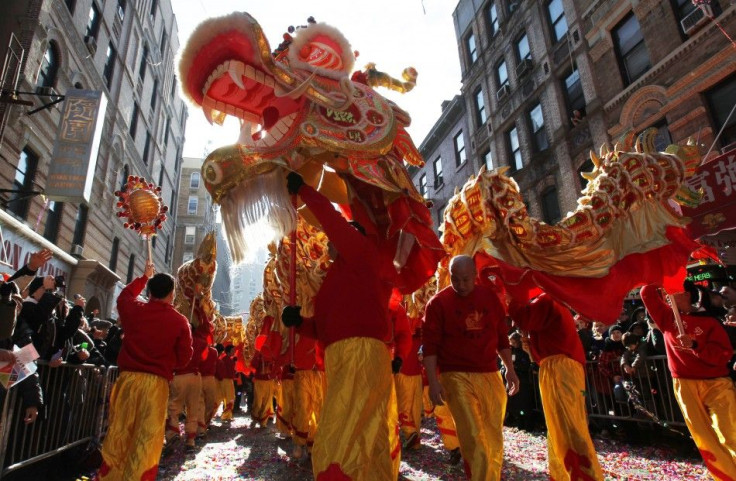Asian-American Poverty Rates Edging Down
ANALYSIS

The U.S. Census Bureau’s recent report on poverty presented a grim and foreboding picture of the economic damage the recession has wreaked across the American landscape.
On the whole, the poverty rate climbed from 14.3 percent in 2009 to 15.1 percent in 2010, thereby bringing the total number of people living in poverty to 46.2 million.
Blacks and Hispanics have suffered the worst.
Between 2009 and 2010, the poverty rate for blacks jumped to 27.4 percent from 25.8 percent; while for Hispanics, the proportion moved up to 26.6 percent from 25.3 percent.
Almost 40 percent of black children and 35 percent of Hispanic children are now living in poverty.
However, one ethnic group actually saw its poverty rate decline over the period -- between 2009 and 2010, the percentage of Asian-Americans living in poverty actually edged down to 12.1 percent from 12.5 percent.
While the proportion of Asian American’s living in poverty is still greater than the corresponding figure for whites (9.9 percent), it is noteworthy that the rate for Asian Americans is moving downward, despite the lingering effects of a devastating recession.
Why is poverty decreasing among Asian Americans?
It is difficult, if not impossible, to make any satisfactory conclusions about such a bewildering diverse group of people.
Asian-Americans range from Bangladeshi taxi drivers in New York City to Korean tech millionaires in California.
The common (but wildly inaccurate) conception about Asian Americans is that they are highly educated and earn high incomes. This impression is indeed true for some (particularly Indians and Chinese), but it ignores the harsher realities of life of millions of other Asian Americans, particularly in the large cities.
For example, in a report in late 2008 (at the height of the recession), the Asian American Federation revealed that almost one-fifth of all Asian residents in New York City are poor -- with even higher rates of poverty among elderly Asian Americans, and among certain ethnic groups, including Cambodians, Bangladeshis, Vietnamese and Pakistanis.
At that time, Cao K. O, executive director of the Asian American Federation, noted: “Our findings counter the widely held perception of Asian Americans doing well financially. Many Asians are vulnerable and unprotected, trapped on the low rungs of the economic ladder.”
While poverty for Asian Americans is a serious issue, especially in urban areas, there is another side to this story.
According to the Census Bureau, in 2010, the media income for Asian Americans households amounted to $64,308 -- far higher than the $54,620 figure for whites; and almost double the $32,068 figure for blacks.
Overall, the jobless rate for Asian Americans clocked in at 7.5 percent as of August 2010 (versus 16.0 percent for blacks, and 8.7 percent for whites).
In line with higher incomes, Asian Americans also have the lowest rates of unemployment of any ethnic group. In July 2010,the jobless rate for Asian Americans in California (one of the states hardest-hit by the recession) was only 9.5 percent, versus 17.1 percent for blacks, 14.9 percent for Hispanics and 12.0 percent. Part of this discrepancy can be explained by the unusually large number of Asian American business owners in the state.
But while these numbers may suggest a predilection towards education and wealth, it must be remembered that the Asian American community also includes large numbers of the very poor who have few, if any, options in life.
Kent Wong, of UCLA's Center for Labor Research and Education, told NPR last year: “There are a lot of misconceptions and stereotypes with regard to the Asian-American workforce. And many assume that because of the high numbers of college graduates within the Asian-American community ... there are not problems with low-wage employment or unemployment, and that's just not the case.
Thus, there is a dichotomy at play here – some Asian Americans are becoming wealthier and more politically powerful, while many (perhaps most) of their peers are concurrently also becoming poorer with decreasing political clout.
© Copyright IBTimes 2024. All rights reserved.











